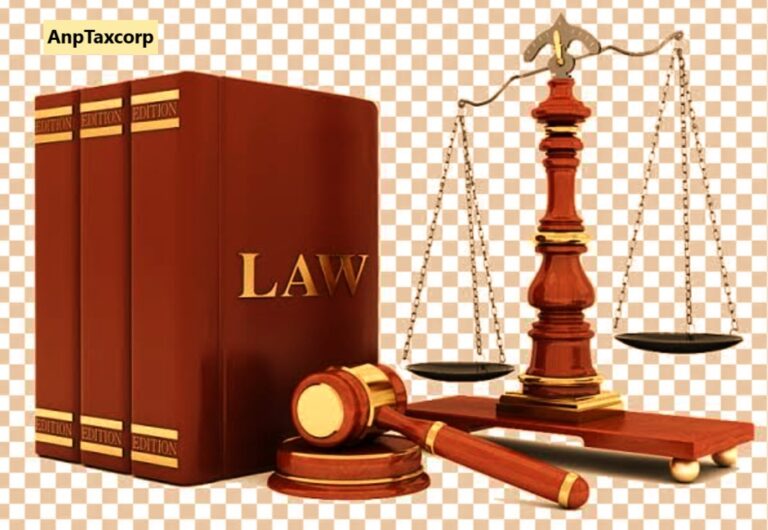Penalty Cannot be Imposed u/s.129 If all Dues of Tax are Already Paid
In a landmark legal development, the Calcutta High Court quashes a penalty order on 1 February 2024, in the case of Mohammad Shamasher vs. State of West Bengal & Ors. (Case No. WPA 85/2024), by challenging imposition of Section 129 of the State Goods and Services Tax (GST) Act for procedural inappropriateness. This case revolves around the detention of an escalator machine (JCB) and subsequent penalties for an alleged breach of GST procedure.
Detailed Analysis of GST Under Section 129
The petitioner, the sole proprietor of M/s Afika Infrastructure, faced penalties under Section 129(3) of the State GST Act for the interception of the vehicle without proper documentation. The court delved into the complexities, emphasizing that the authority in question lacks the power to determine tax amounts under Section 129 proceedings. Instead, it highlighted alternative penalty provisions under Section 122 and stressed the importance of compliance with Sections 73 and 74 for tax determination.
The petitioner argued the validity of the e-way bill for the machine, asserting that no tax should be levied upon its return after the completion of work. The court referred to legal precedents from Uttarakhand, Allahabad, and the Calcutta High Court to support the contention that procedural lapses shouldn’t result in disproportionate penalties.
Closure
The High Court, while considering the validity of the e-way bill, set aside the penalties, emphasizing the absence of a delivery challan. The judgment highlighted that imposing a 200% penalty for unintentional tax evasion was disproportionate. The court directed the adjudicating authority to reconsider the case in alignment with the discussions, urging a clear and reasoned decision within 8 weeks.
This ruling not only clarifies the nuances of Section 129 penalties but also establishes a precedent emphasizing proportionality in penalty imposition. Businesses facing similar issues can draw insights from this landmark judgment. Stay updated with additional legal analyses and implications in the evolving landscape of GST norms.
To Know about Govt Plan of Removing Invoice Editing Option CLICK HERE
Also Read
GST Appellate Tribunal by July to August 2024: Revenue Secretary
Amendment in GST Act: 1 Lakh Penalty for Non-Registration of Machines by Specified Persons

Hi Neat post Theres an issue together with your web site in internet explorer may test this IE still is the marketplace chief and a good component of people will pass over your fantastic writing due to this problem